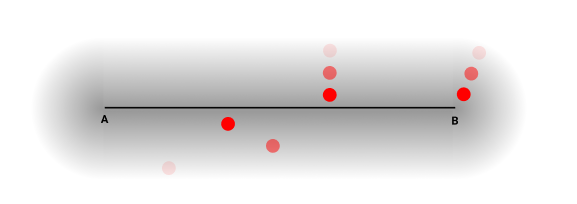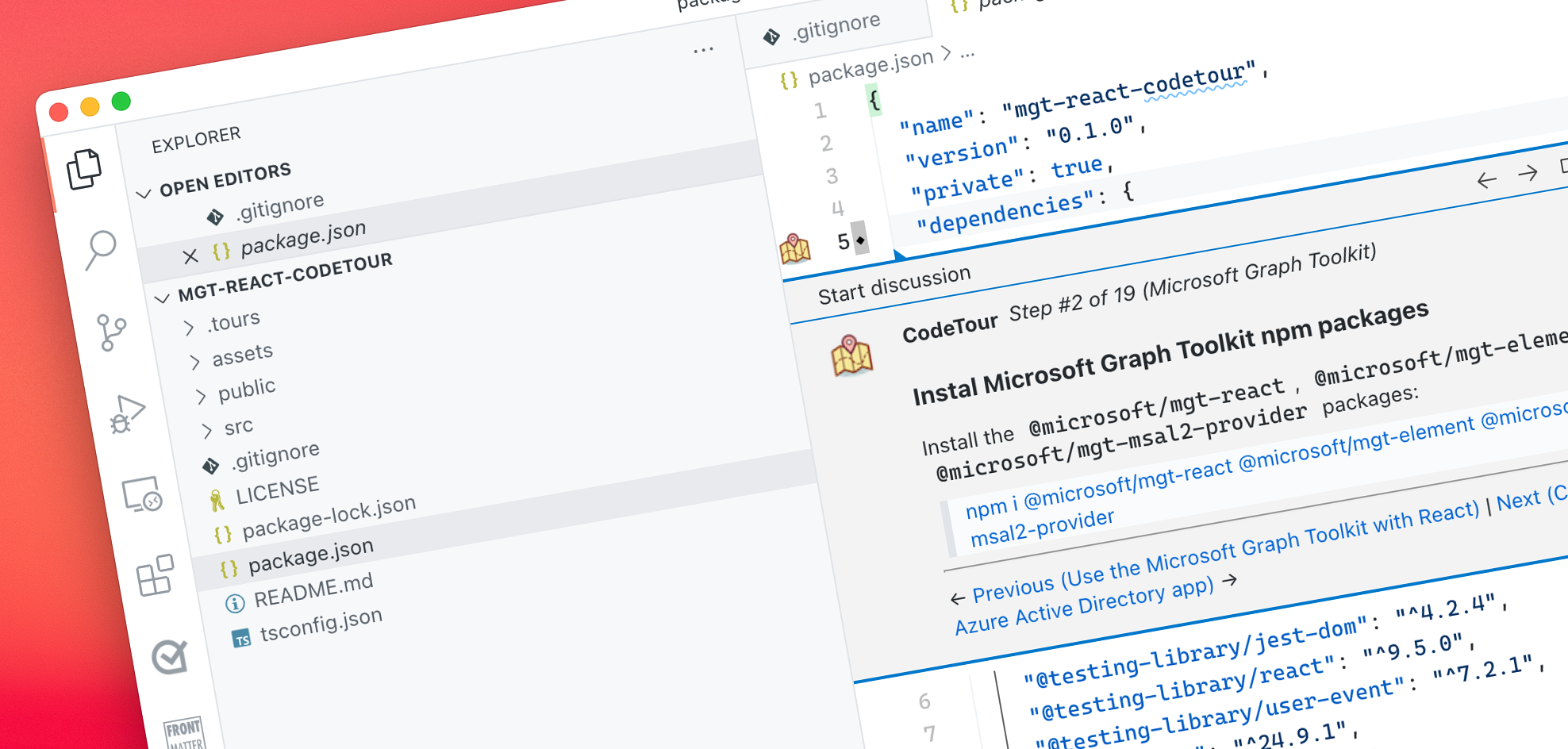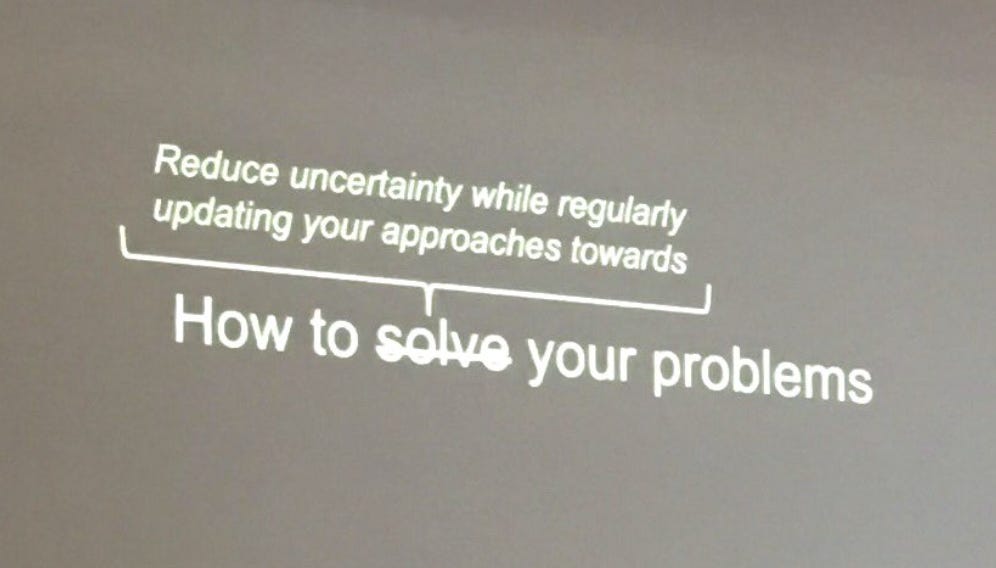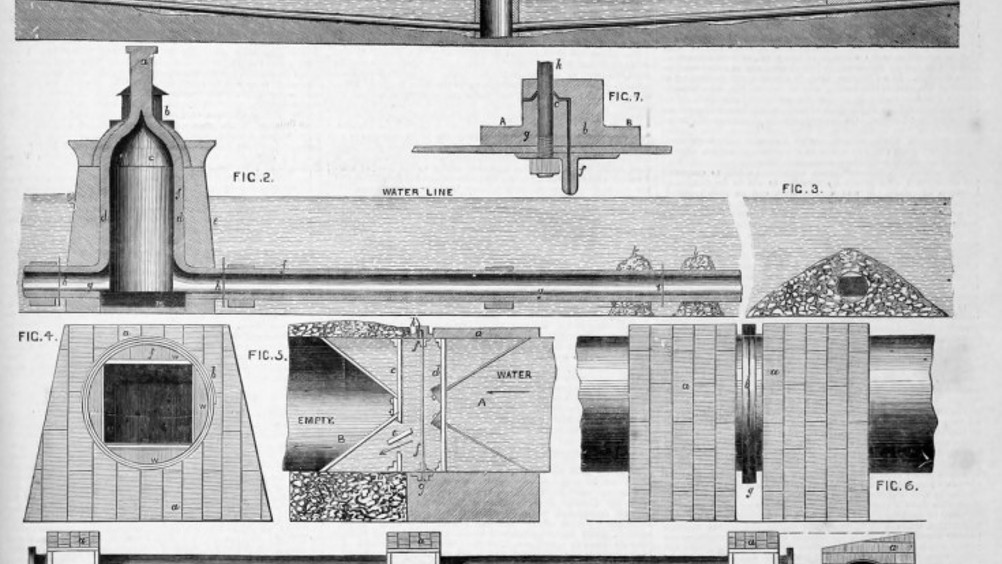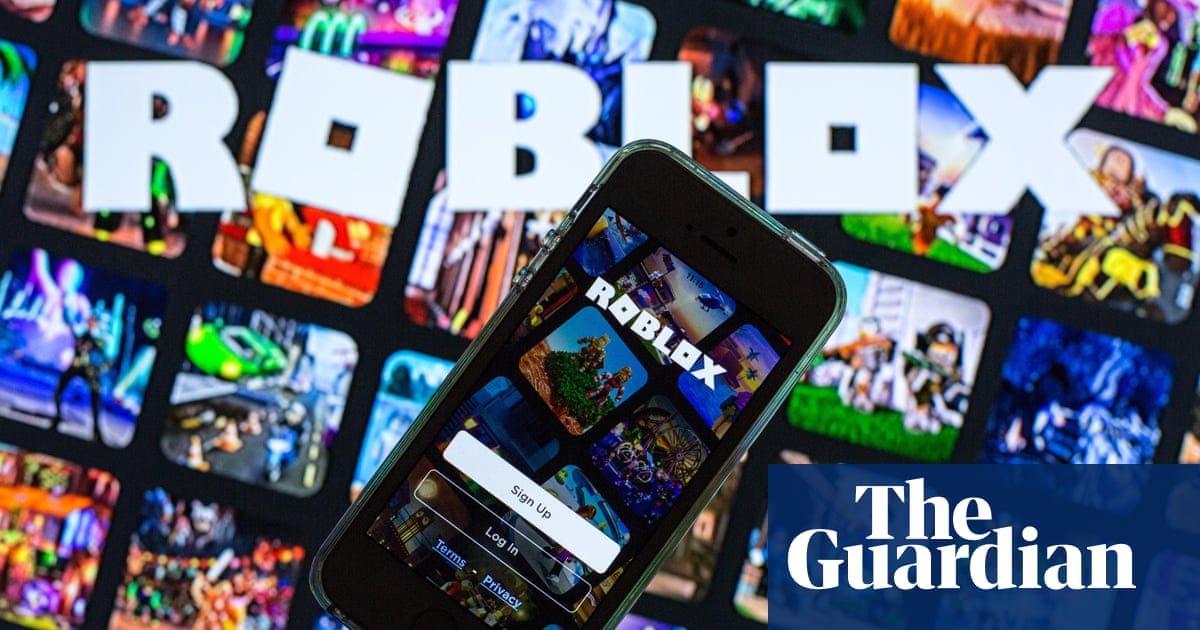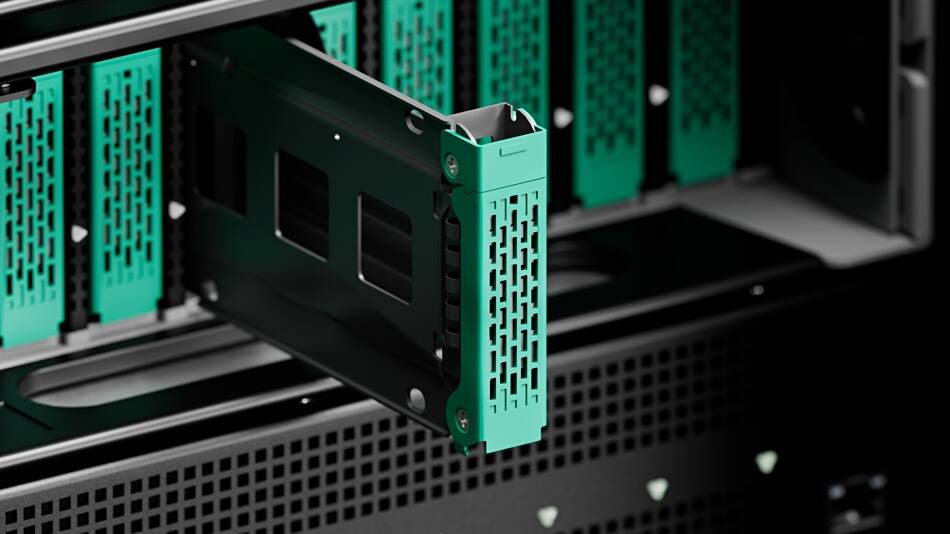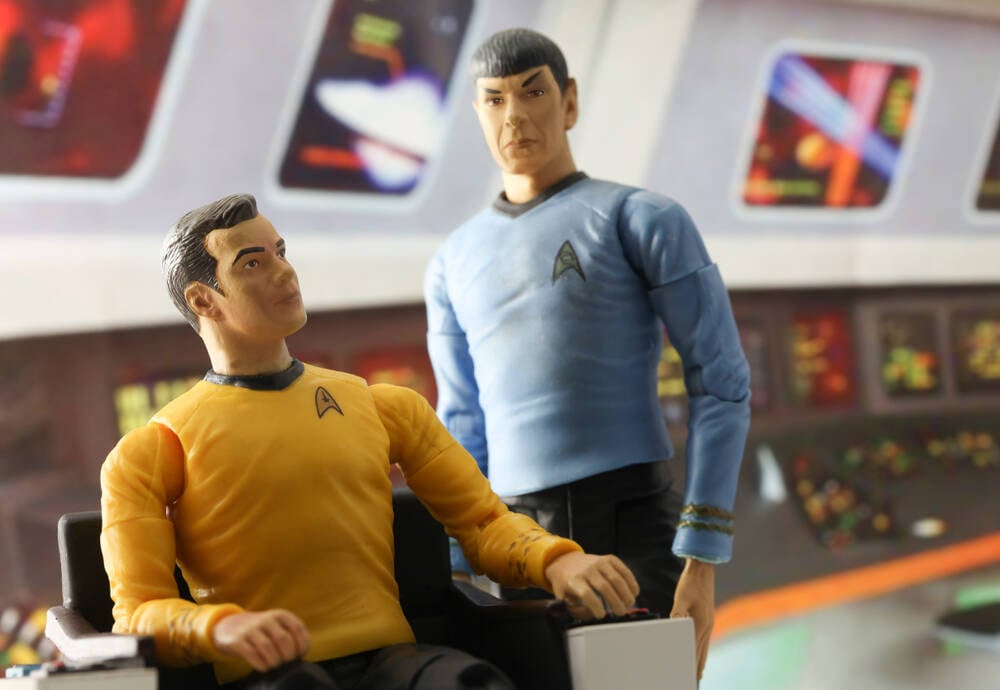
Microsoft starts boiling the Copilot frog: It's not a soup you want to drink at any price
Opinion In 1968's Star Trek episode, "The Ultimate Computer," Captain Kirk had his ship used to test M5, a new computer. A copilot, if you will, for the Starship Enterprise.
Designed to more efficiently perform the jobs of the human crew, the M5 indeed did those jobs very well yet with such a terrifying lack of understanding it had to be disabled. But not before exacting a terrible price.
Last week, Microsoft 365 Copilot, a copilot, if you will, for the technology enterprise sold as performing human tasks with more efficiency, increased its prices by 5 percent, the first of many finely judged increments in the old style. Unlike the M5, it isn't in the business of physical destruction of the enemy, instead producing commercial victory with the photon torpedo of productivity and the phaser bolts of revitalized workflow.
Satya Nadella, Microsoft's own Captain Kirk, said at the end of October that AI was due to deliver $10 billion revenue in the next quarter. It must be working, but in the absence of any clearly proven competitive results, it is time to look at Microsoft 365 Copilot itself 20 months after its introduction. Do the scanners show the utopian outcomes beloved of both Trek and Redmond franchises?


